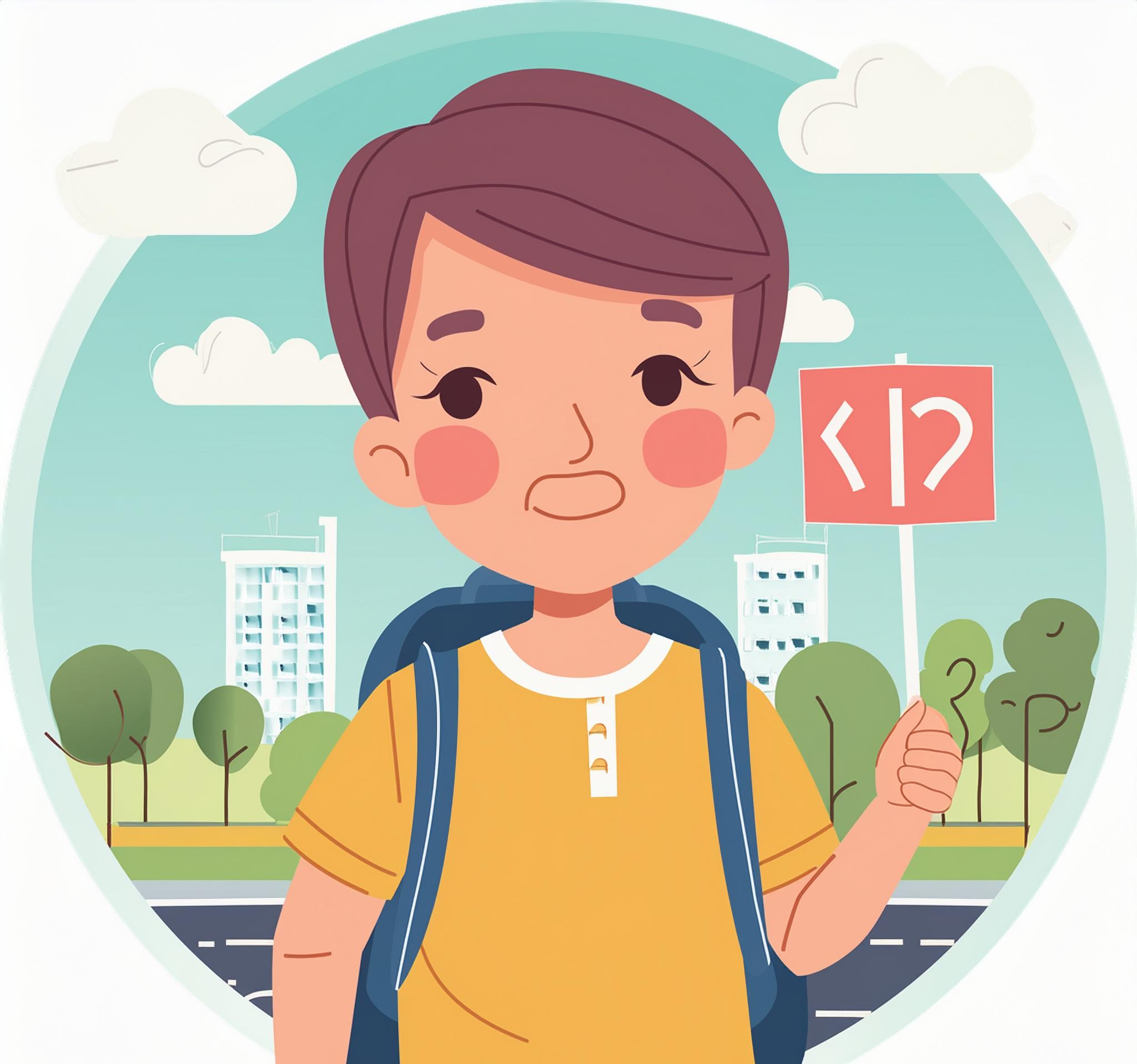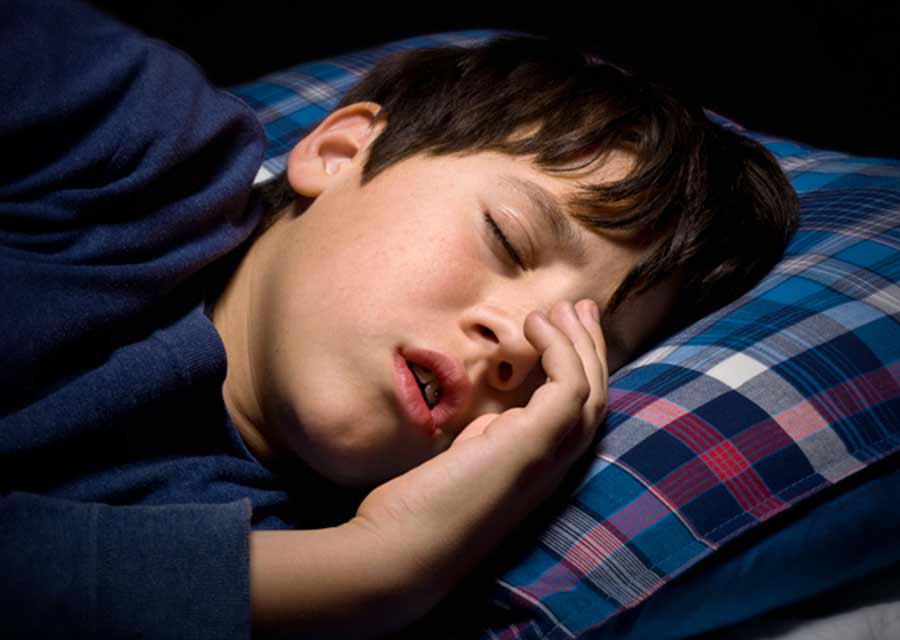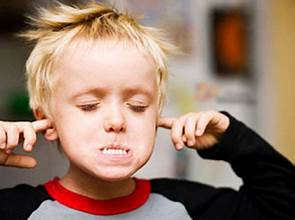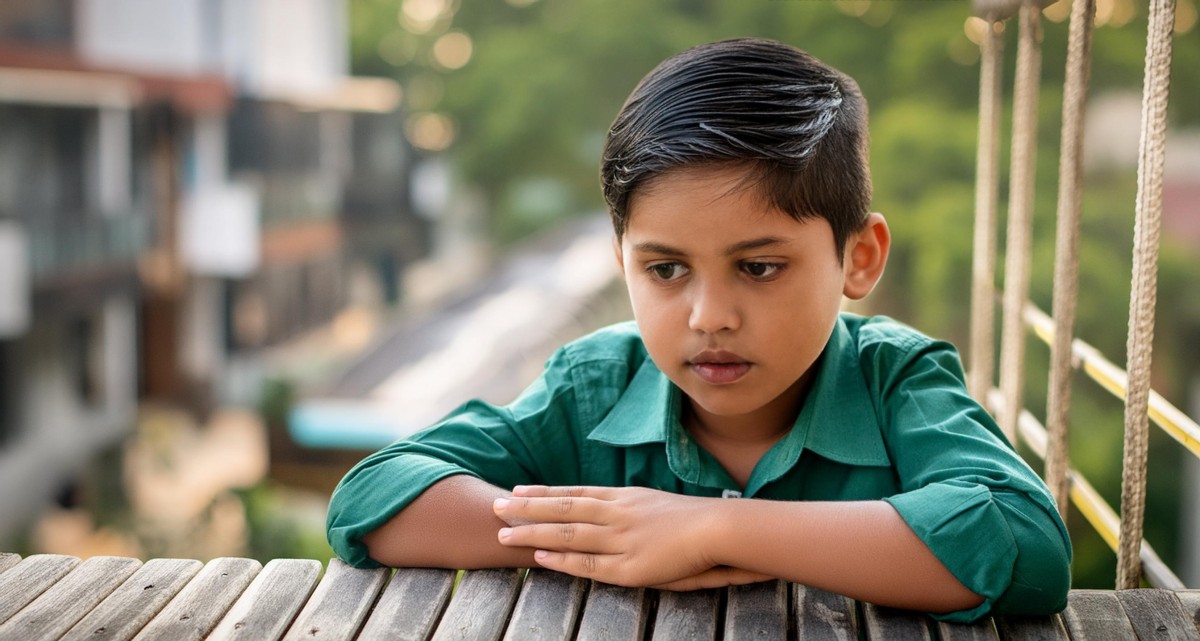Have you noticed that your children are not participating in social gatherings? Or are they quite sensitive towards small things? Or are their scores at school decreasing constantly, even when they spend a good amount of time studying?
When a child constantly feels low or finds little to no joy in things they used to enjoy a lot, it is time to take a step and talk about it.
Do children have those days when they feel low or maybe nothing cheers them up?
The answer is yes.
 Children also experience moments of sadness, like adults. It is quite normal for them to have days when they feel down, irritable, or uninterested in activities. However, we must differentiate between waves of moodiness and possible symptoms of depression. If these feelings are constant for weeks or more, and these changes in behavior are quite noticeable it could indicate depression.
Children also experience moments of sadness, like adults. It is quite normal for them to have days when they feel down, irritable, or uninterested in activities. However, we must differentiate between waves of moodiness and possible symptoms of depression. If these feelings are constant for weeks or more, and these changes in behavior are quite noticeable it could indicate depression.
Confirming that the child is in depression can be quite a challenge, as they may not always be expressive about their feelings. Instead, they show signs through behavioral changes.
So here are some symptoms one must be on the lookout for:
The Constant State of Sadness:
One of the most common signs of depression in children is a persistent feeling of sadness or hopelessness. Children might be unable to express these feelings of sadness, so they may have trouble finding joy in things they used to enjoy.
Sudden fluctuation in weight:
Usually, when a child is depressed, they might tend to lose appetite or overeat. This gradually results in a significant loss or gain of weight respectively.
It might be an early symptom if your child is losing their appetite or refusing to have food, and constantly indulging in food whenever they are hungry.
Unsound sleeping:
 Depression can also affect a child's sleep patterns. They may have trouble falling asleep, and stay awake through the night. Or even over-sleep. Sometimes, they do not want to get out of bed.
Depression can also affect a child's sleep patterns. They may have trouble falling asleep, and stay awake through the night. Or even over-sleep. Sometimes, they do not want to get out of bed.
Low Energy:
Usually, it is quite noticeable amongst children that their physical and mental performance starts declining. Kids, who should be very energetic for their age are often termed “lazy” but in actuality, it is just the kids lacking energy for their day-to-day activities.
It starts from normal procrastination, but when one finds it difficult even to brush their teeth, or wake up in the morning, the symptoms have gradually increased.
Not participating in social activities:
Do you often find your child isolated or away from various activities that used to excite them?
There is a possibility that kids might isolate themselves because they feel depressed. It might not just be in social gatherings, but also at school. If your child has gradually separated themselves from their peers or has stopped to socialize, then it must not be overlooked.
Lack of Concentration:
As the child is unable to have regular sleep, and irregular food habits lead to poor concentration.
They gradually stop studying as they lose their focus on subjects.
Mood Swings:
 While sadness is a common symptom of depression, some children may also exhibit irritability and mood swings.
While sadness is a common symptom of depression, some children may also exhibit irritability and mood swings.
Do you often find your child throwing tantrums at small things?
There is a possibility that the child is trying to seek attention indirectly by being irritable and moody.
A Lot of Physical Pain:
Is your child constantly complaining about backaches and body pains? Or maybe constant migraines that hinder their day-to-day activities, but do not have a reason for this constant state of pain? These complaints may not have a clear medical cause but are a way for the child to express emotional distress.
Loss of Self-Esteem:
Children may try to express feelings of worthlessness or guilt, even when there is no logical reason for these feelings. They tend to isolate themselves at times when they are supposed to act on a particular situation. Or feel nervous.
It can be noticed that a child, who used to be quite open and confident, is now “shy.”
Urge to Self Harm:
In severe cases of depression, children may engage in self-harming behaviors such as cutting or burning themselves. If you notice random cuts or burn marks or find your child trying to poison themselves or an attempt to self-harm, it is quite evident that the child requires therapy.
Note:
 This symptom is a phase where the depression is at its peak, so if your child is showing tendencies of self-harm, please seek medical attention.
This symptom is a phase where the depression is at its peak, so if your child is showing tendencies of self-harm, please seek medical attention.
Conclusion:
It is high time that we start to acknowledge the fact that children too face a lot of difficulties in their daily life. Depression in children is a serious condition that requires appropriate intervention and support. By identifying these symptoms early on, and providing the necessary treatment, parents can help their children navigate through this. You can start talking and making casual conversation with the kids so that they start to reach out to their companions, parents, teachers, or any other guardian, to seek help for their mental well-being.
